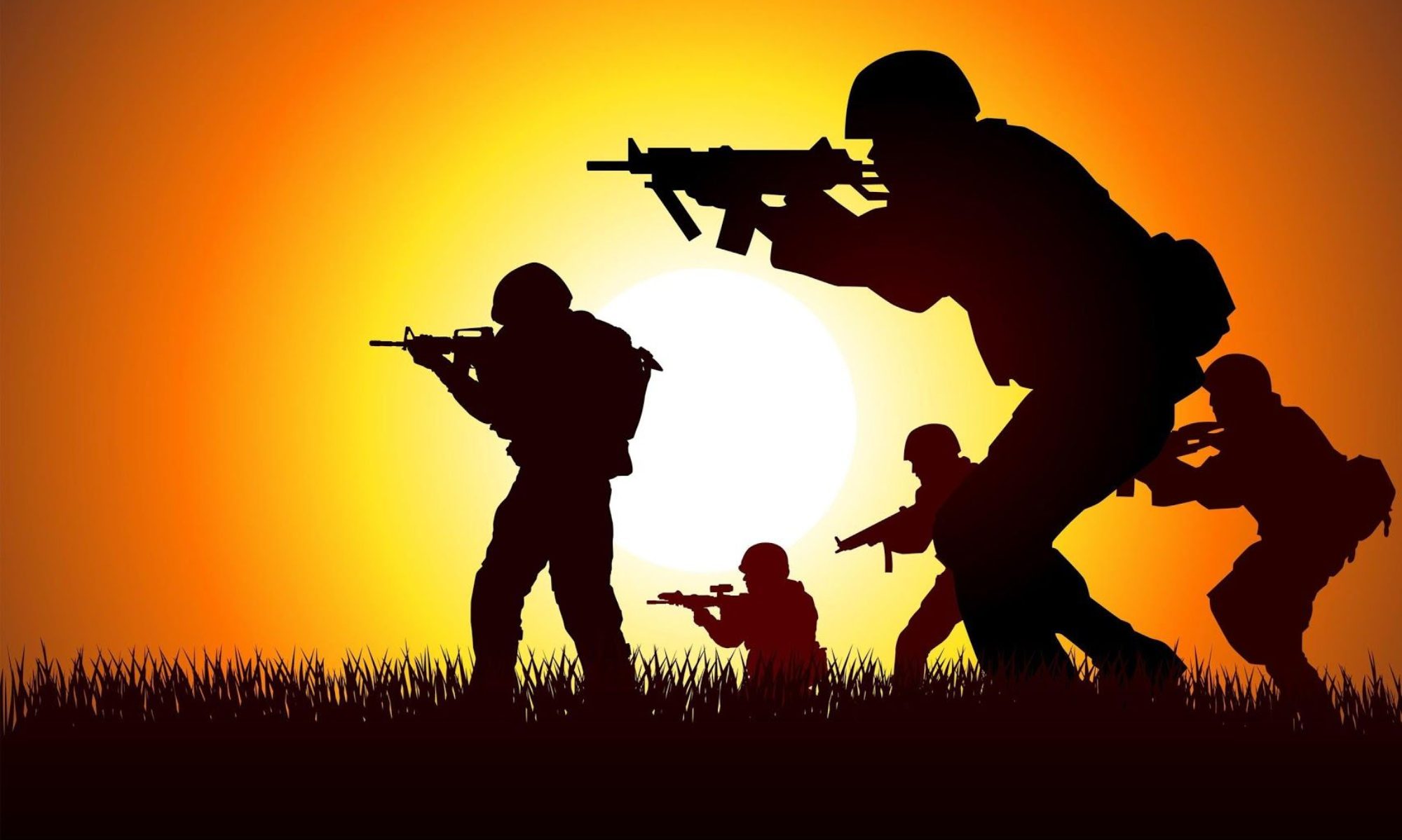Thanks to all of you who have been joining me here. We help bring change to lives. The response has been wonderful. We just past 4,000 new subscribers. That was a huge increase in 2017. We only had 1,000 two years ago. The year 2017 helped us to make it to 4,000. Now in 2018 we are racing to 5,000.
We have reached our goal of 4,000! We will now be giving a prize to the person who is our 4,500th person to subscribe. We just passed 4, 600.
WE HAVE A WINNER!! An email has been sent to our winner! New prizes for the 5,000th subscriber.
Help us make it to 5,000 by subscribing today if you haven’t already. This shows you care for veterans. Just click on the icon right after the title of this post and click on FEEDBLITZ , and the posts will come straight to your inbox. ____________________________________________________________
Doug Bolton, the founder of the blog, Signs of Hope, which is at www.dailysignsofhope.com, has written a new book, “Signs of Hope for the Military: In and Out of the Trenches of Life.” It reaches out the many military and veterans who may be battling anxiety, fear, depression, addictions, rejections, and the many other usual suspects. There are 22 military connected suicides every day. That is almost one every hour. Doug wants to help stop those statistics.
______________________________________________________________
This is a new social network just for veterans. I joined it and made instant friendships with veterans who want to talk about what I want to talk about. Please check it out. You will be glad you did.
https://www.rallypoint.com/join/spc-douglas-bolton
____________________________________________________
Here is the news I saw today:
+Harassing people is common everywhere, but you would not expect it from a teacher.
(Strong language)
The Teacher Who Bullied A Student For Wearing A USMC Sweatshirt Has Been Fired
The high school history teacher from El Rancho High School in Pico Rivera, Calif. who famously called military service members the “lowest of our low” earlier this year and harrassing students who support the military, has finally been fired.
The El Rancho school board voted Tuesday to fire Gregory Salcido, 49, following numerous complaints about his behavior in the classroom on Jan. 19, when he was secretly filmed harrassing a 17-year-old student for wearing a U.S. Marine Corps sweatshirt.
“They don’t have electricity,” said Salcido. “We have all our freakin’ night vision goggles and all that kind of stuff, and we can’t freakin’ control these dudes wearing robes and [inaudible]. Because we’ve got a bunch of dumbshits over there. Think about the people you know over there. Your stupid Uncle Louie or whatever, they’re dumbshit.”
Incredibly, this wasn’t the first time Salcido was cited for courting controversy (or being what I would call a total asshole). He allegedly threatened a student in 2010 and “smacked” a student in 2012, both of which got him placed on administrative leave.
During the January incident, Salcido railed against military members as not being “talented people,” while ordering the 17-year-old he was harassing to never again wear the Marines sweatshirt, which he was sporting to show pride in his family’s service.
“Don’t you ever bring the freakin’ military into this classroom,” Professor Douche Nozzle continued. “I don’t understand why we let the freakin’ military guys recruit you at school. We don’t let pimps come into school. ”
__________________________________________________
Overseas Commissaries Caught Charging Military Families Triple For Groceries
U.S. military commissaries in Japan and South Korea have been charging military families triple the going rate on a number of produce items in their stores, according to a recent inspector general’s report.
The problem stemmed from a $55.1 million contract to provide fresh fruit and veggies for the Defense Commissary Agency (DeCA) in the Pacific, which saved the Defense Department $38 million, but simultaneously screwed over families by charging them a 101% markup on green cabbage and an 82% markup on mushrooms, among other examples.
To add insult to injury, the overpriced produce wasn’t even all that good, when compared with what buyers could have gotten at local markets, according to customer surveys.
Oh, and did I mention that bok choy — a type of produce originally from China — was being sold in the commissary for 372% more than usual? 372 PERCENT.
I’m not sure if that bok choy was gold-plated or something, but making your customers pay $4.20 for something they could have found out in town for 63 cents seems like a bit of a dick move.
The IG investigation found that DeCA didn’t effectively oversee the contractor at various stages in the supply chain. And although the contract required that “high volume core items” — like apples, bananas, carrots and two dozen other goods — be priced 30% lower than local Japanese markets, they were only found to be about 14% cheaper.
The director of the Defense Commissary Agency agreed with all the report’s recommendations, which is great, but the report didn’t offer any timeline on when families will stop being hit with a big green weenie that’s normally reserved for only those wearing a uniform.
____________________________________________
I enjoy sharing these little tidbits of news. I will be continuing to do this as long as you like it. Let me know.
____________________________________
If you are a veteran, or currently in the military. We have you six here. We are veterans, and know your pain. Never let the dark side pull you under. Seek help if you need it. There is always help at:
1-800-273-8255
___________________________________
Remember:
You are never alone.
You are never forsaken.
You are never unloved.
And above all…never, ever, give up!

